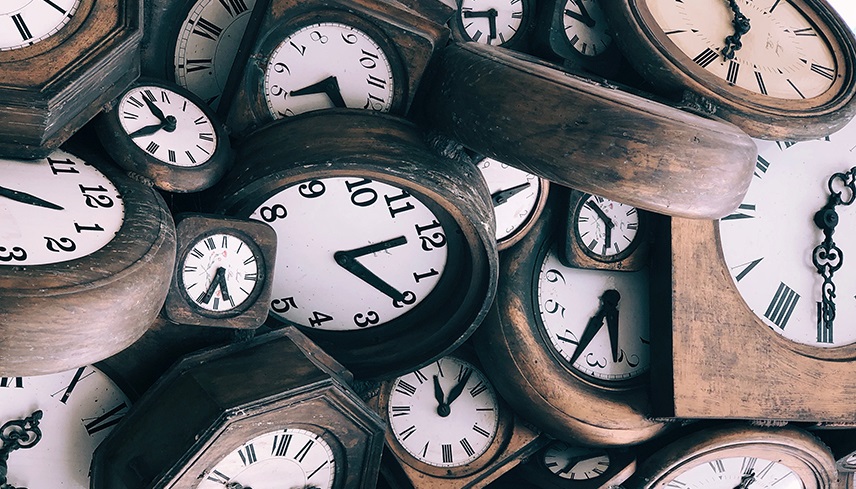Yawn. That’s what this morning feels like. A gargantuan elephant yawn.
It’s that fateful first Monday in November — soon to be followed by the first Tuesday in November, also known as election day — when we’ve just flipped the time back to standard time, and while we should all feel as if we gained an extra hour of sleep, it doesn’t. It never does, right?
Our bodies don’t automatically adjust so that our circadian rhythm resets as quickly as we are able to reset the clocks in our homes or cars or our analog watches. Yes, I get that few folks wear true watches anymore. Nonetheless, a few of us still have them; we still love them.
People are not smartphones.
A few states — Arizona and Hawaii — have bucked the time flip flop; a few others have debated it. Several U.S. territories — Puerto Rico, the U.S. Virgin Islands, Northern Mariana Islands, Guam and American Somoa — shun the time change. Yet, still here we are. Clock turning Saturday evening, and yawning our way through the day on the following Monday.
Proponents of changing and proponents of not changing all make valid points.
Pros and cons exist on each side; some of which offer safety concerns, they say. For example, those in favor of keeping the clock-changing routine say the number of traffic accidents are lower because evening commutes are done during daylight. They point to other things, too. Crime is reduced because there is less cover of darkness in the evening; we save on energy costs by using lights for fewer hours of the day; or people are more likely to spur the economy by going out shopping or to restaurants in the evenings when it is still light out.
On the other hand, those against messing with Mother Nature’s clock make some valid points, too, and some of them are science-based.
Sleep doctors and other health experts often point to the disruption of sleep patterns caused by the time changes that throw off the circadian rhythm resulting in sleep deprivation, which can be a contributor factor in traffic accidents. Studies have also linked the sudden shift in time to serious health issues like an increased risk of heart attacks, strokes and a feeling of malaise during the adjustment period.
I am curious if mattress retailers see an increase in the number of consumers during the weeks following our biannual clock shift. If so, that’s a welcome bonus from the time change because, let’s be honest, door swings for home furnishings and mattress retailers have been down lately.
It takes most people three to four days to adjust, maybe less for the frequent travelers out there that know the tricks to navigating the time zones.
Are consumers sleepwalking their way into stores in search of the perfect mattress, topper, pillow and maybe crisp, new sheets to enhance their sleep? Is it an easier task for a retail sales associate to close the deal with a sleep-deprived consumer than with one that is well-rested and on point with negotiations?
Maybe we can commission a study that looks at mattress sales the week after the time change in March and November to see if there’s a bump. It could be just the traffic boom we’ve been looking for.
